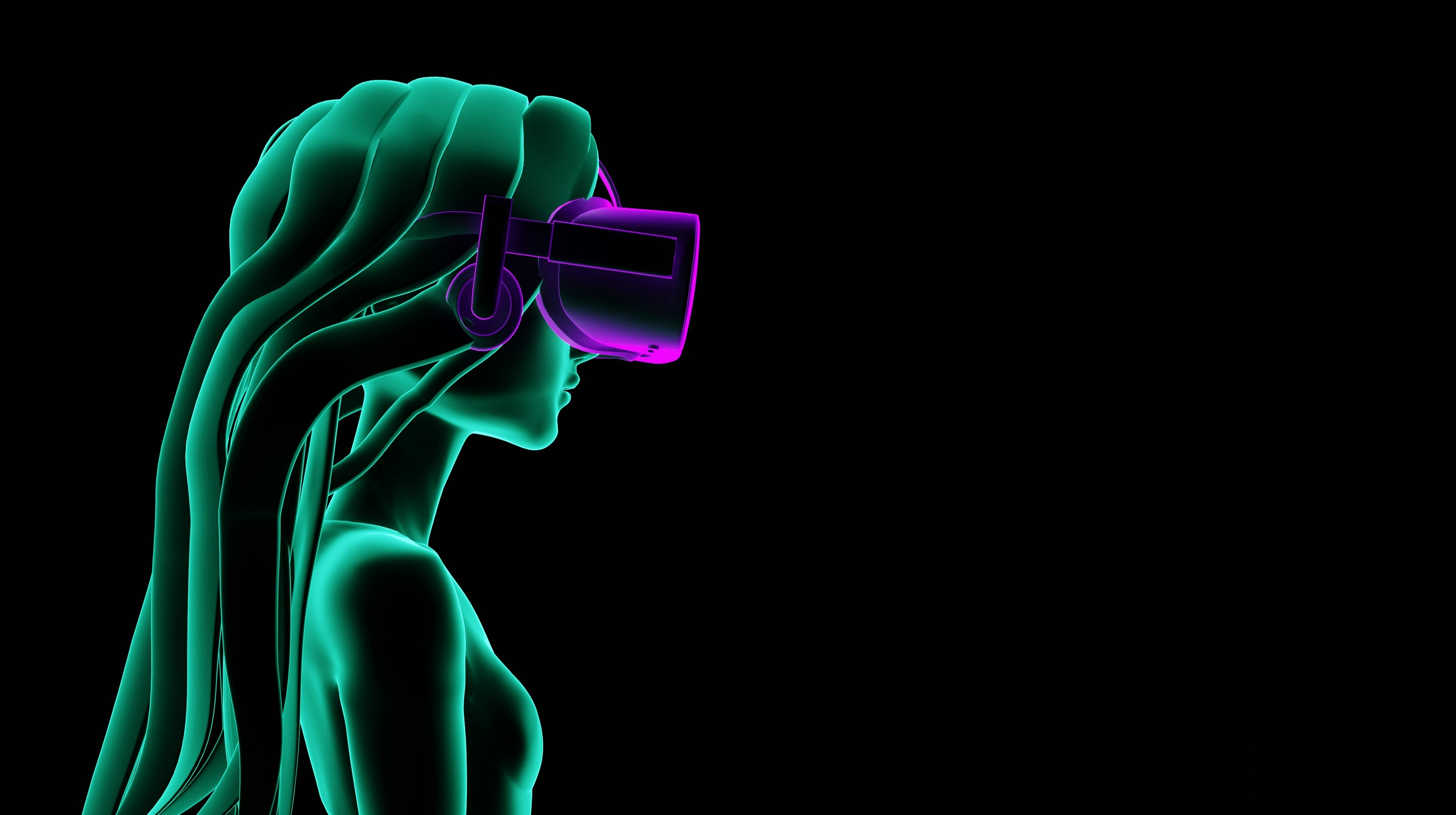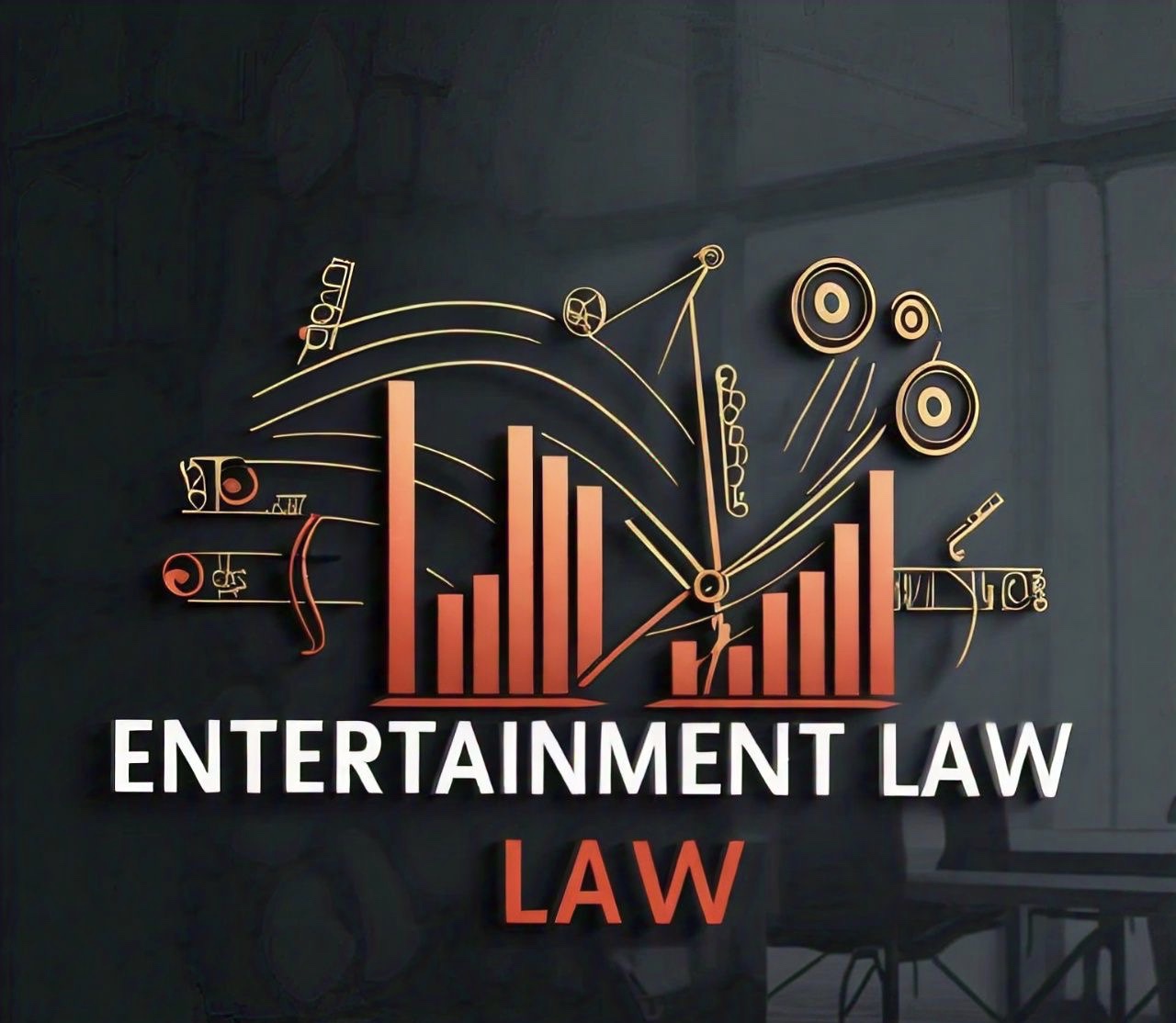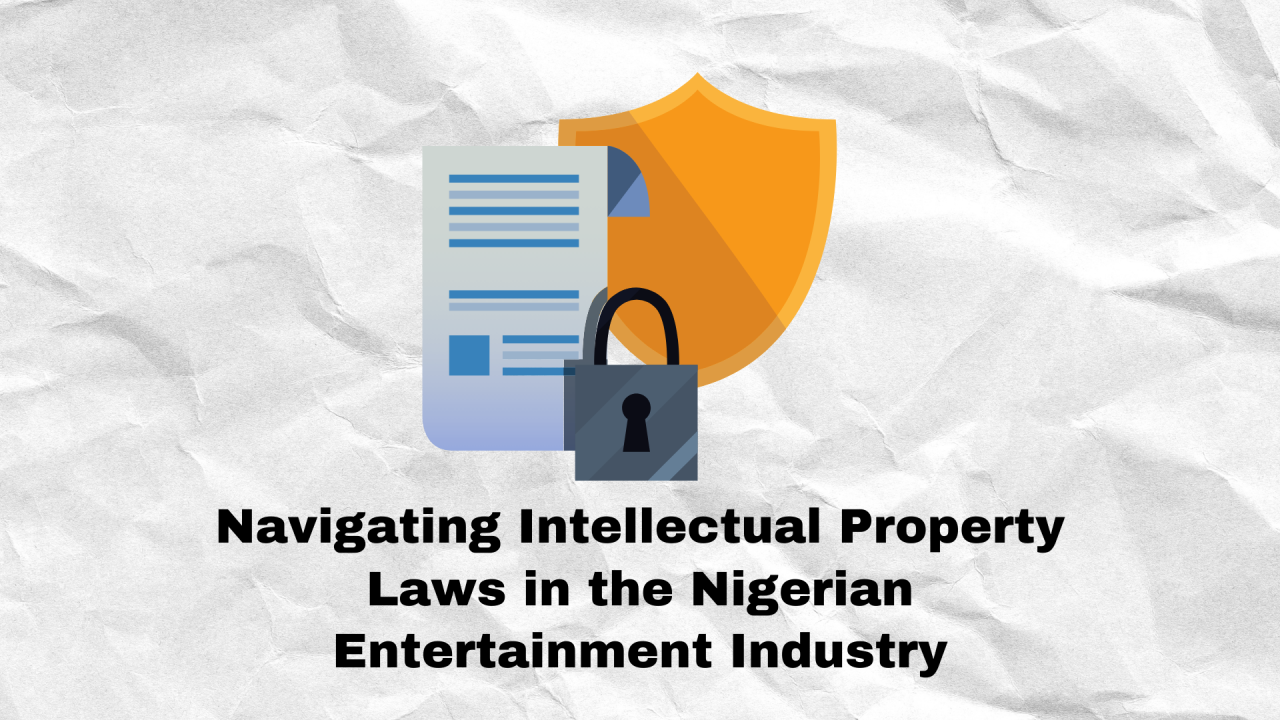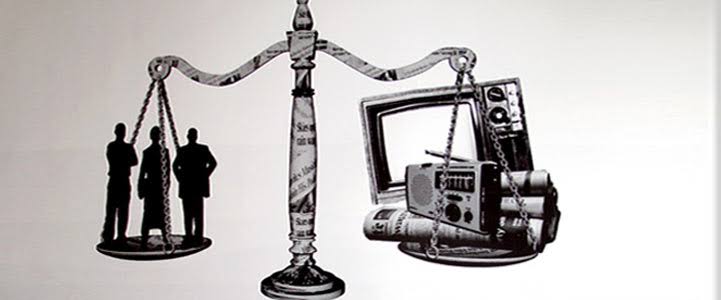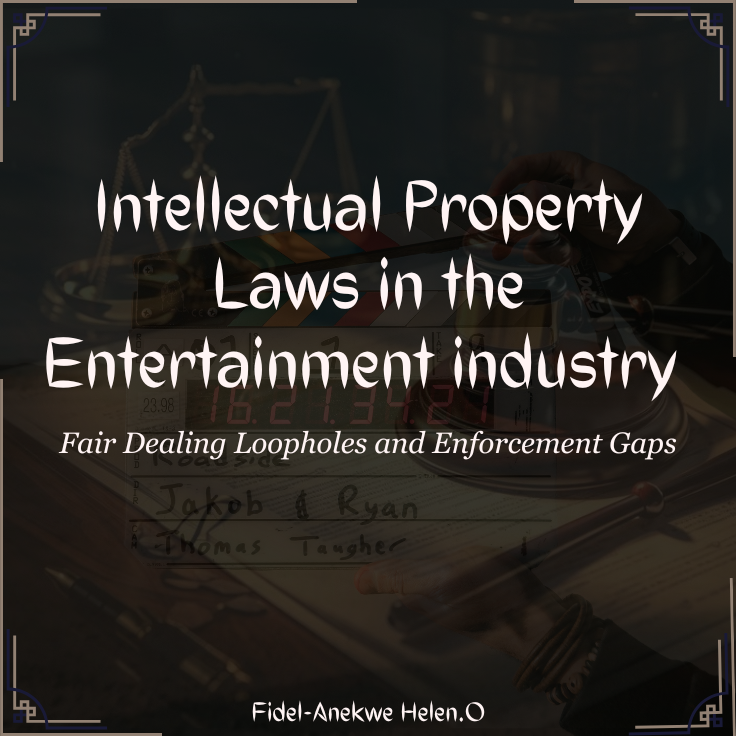
Introduction
As a legal practitioner with a skill set in creative writing and digital creation, I consider the subject of intellectual property a great deal of concern to all creatives, especially in the media and entertainment industry. In recent times, the entertainment industry has proven to be the fastest growing industry in the world, contributing immensely to the economy of many nations. This was also seen in the second quarter of 2022 when the arts, entertainment, and recreation sector represented 0.21% of Nigeria’s GDP. Whilst the Nigerian media and entertainment industry is regulated by various laws including tax, corporate, labour etc, intellectual property laws plays a cardinal role in the regulation and sustainability of the entertainment sector, hence the reason for this article. This is because intellectual property encompasses Innovation and creativity, the bedrock on which the entertainment industry thrives and it protects the creativity and entrepreneurial efforts of those in fields of music, film making, theatre, publishing, sports, broadcast media and other expressions of art. The following are four major intellectual property laws governing the entertainment industry in Nigeria.
1. Copyright Act of 2022
Copyright is a legal term that protects Innovation. It is a term that vests the creator of a work with the exclusive rights to ownership, use and control of the distribution of those works of creative expression, including books, video, motion pictures, musical compositions and computer programs. In other words, copyright is the exclusive right of a creator to copy or reproduce his work. The Copyright Act of 2022 is an intellectual property law that has proved extremely beneficial to the entertainment industry because it gives a comprehensive explanation of copyright to includes various forms of creative works such as audiovisual, musical, artistic, literary, and broadcast. This creates automatic protection for works created by authors in the entertainment industry, ranging from movie scripts (literary works) to audiovisual films, musical works, sound recordings, and broadcasts. For example, in Tv Xtra Production Limited & Anor v. National Universities Commission & Zain Nigeria, the NUC approved a show “Zain Africa Challenge” (the “ZAC Show”) which was sponsored by the 2nd Defendant, a telecommunications network operator instead of the plaintiff’s show (the "UC Show").The Plaintiff claimed that the ZAC Show, which was being aired on TV and the various social media outlets was an infringement of its intellectual property in the UC Show, and relied on its registration of the proposal document for the UC Show (“UC Show Proposal”) with the (“NCC”) as evidence of its exclusive copyright ownership. The Court found that there were factual similarities between both shows which infringed the Plaintiff’s copyright, thereby leading to the award of significant damages to the plaintiff.
This goes to show that copyright laws address various concerns relating to digital usage of copyrighted works by enhancing author rights and imposing stricter punishments for criminal violations and the safeguarding of audio-visual works in digital content. It declares it unlawful to utilize any form of internet content, including images, films, sound recordings, and other outputs, without the creators' consent. With these, the unique rights of entertainers like dancers, musicians , actors etc are protected.
Furthermore, the act contains clauses that give copyright owners the authority to send out notifications of infringement for the removal or deactivation of links to illegal content. This protection was recognized in the Nigerian entertainment industry sometime in 2019 when Ajibola Muyiwa Danladi a musician popularly known as ‘Danny Young’ brought copyright infringement proceedings against Tiwa Savage and her then record label, Mavin Records, on the grounds that Tiwa Savage allegedly lifted lyrics from his ‘Oju Tiwon’ song and used same in her 2018 song ‘One’. Later on, the parties reportedly settled the matter out of court and the suit was consequently discontinued. The act also gives the Nigerian Copyright Commission the authority to prohibit websites where there has been a violation of copyright and makes it easier for those who are blind or visually impaired to access published works. This is definitely an improvement in the development of a society where everyone can benefit from education.
2. Trade Marks Act
A trademark refers to a sign used to identify or distinguish the good or service of one business from other enterprises. Trademark in itself, plays a vital role in the economic activities of individuals, not excluding the entertainment industry in Nigeria, especially the music and film sectors. Nigerians involved in the creation of these industries put in maximum level of creativity to put out high quality movies, music etc that will gain popularity and goodwill for their brands. So the trademark act ensures that their names, signs, marks and symbols are registered to prevent the use of similar names that can cause confusion amongst consumers concerning the origin of their products or services. The relevant law that governs trademark in Nigeria is the Trademarks Act, Laws of the Federation of Nigeria 2004. This act explains the procedure for the registration of trademarks, enforcement, revocation and remedies for the infringement of trademarks in Nigeria. Where the owner of the trademark seeks compensation for losses suffered in relation to infringement of the trademark, he can seek injunctive reliefs; An Anton Pillar order to give access to the owner to enter the premises where the infringed goods are kept and take possession of it and finally, the court can also grant an order of account of profit to recover all the profits made by the infringer from the unauthorized use of the Trademark where such act amounts to gross loss of profit on the part of the owner. To further benefit upcoming creatives and organizations, the owner of an unregistered trademark may institute an action for passing off where there is an infringement.
3. Company And Allied Matters Act 2020
Company and Allied Matters Act 2020 is very pertinent to intellectual property in the entertainment industry because it generally requires business names/companies to be registered in order to be operational.9 The CAMA stipulated that the various business categories used by the entertainment industry in the implementation of their operations (such as music record label, film production company, studio, or any other related business) be registered and incorporated to stand out from other similar ventures. In other words an entertainment company in Nigeria must be registered with the Corporate Affairs Commission (CAC), a government parastatal responsible for regulating companies in Nigeria.
4. Patents and Designs Act 1970
This is another cardinal intellectual property law regulating the entertainment industry. A patent is an authority that confers on a creator, owner or inventory the exclusive rights to make, use of sell a patented invention for a period of time. This Act makes comprehensive provisions for the registration and proprietorship of patents and designs in Nigeria and provides the conditions that must be met before an invention can be patentable in Nigeria. It spells out the procedure for patent application, form of grant of patent, rights conferred by patent and restrictions on areas where patents for an invention cannot be validly obtained (such as plant or animal varieties). So far, this act has played an important role in the entertainment industry by providing protection and granting a right of monopoly to creators of technological inventions that are used for industrial purposes in the field e.g modern audio systems, video cameras, drones, 3D projection, and digital streaming platforms. Infringement of patent or design rights is actionable by the patentee or design owner concerned and the plaintiff is entitled to relief including damages, injunctions, accounts, or any other relief available in similar proceedings for infringement of other proprietary rights.
Fair Dealing Loopholes
Although the various intellectual property laws recognize the exclusive ownership of creative works in the entertainment industry, the copyright Act 2022 provides an exception to these exclusive rights of a creator- Fair Dealing. Fair dealing is the right of the society to use the creative works of individuals, subject to some statutory limitations and attracting no liability whatsoever. In other words, it provides for peculiar circumstances where an individual can copy a work without the owner’s permission subject to certain limitations. The Copyright Act of 2022, provides a wide interpretation to the concept of Fair Use in Nigeria and specifies a long list of acts such as private use; parody, satire, pastiche, caricature, non-commercial research, private study, criticism, review or the reporting of current events which shall include acknowledgement of the work and its author and so on. In order to prevent disregard for an author under the guise of Fair Dealing, the act stipulated four factors to consider in determining whether an act can be classified under Fair Use in Nigeria. These factors are: Purpose and character of its usage (must be for non-commercial purposes); Nature of the work (parody, research works etc); Amount and substantiality of the portion used in relation to the work as a whole, and; Effect of the use upon the potential market or value of the work (must not overshadow the original creator or affect the commercial value of the original work of the creator).
Through the inculcation of fair dealing, consumers and producers in the entertainment sector understand the balance that educators and researchers can use portions of clips, literary works and audios without permission for education and research purposes, including the conversion of works into formats that are user-friendly for different groups of people, such as those living with disabilities. However, the wide definition of fair dealing in the Copyright Act of 2022 has constituted a major loophole in the enforcement of copyright in Nigeria. This is because the concept is still nearly impossible to define because of its complexity in coverage and application. The Copyright Act of 2022 failed to clearly define the boundaries of what constitutes private use, parody, non-commercial research, criticism or review and this leaves the court with the absolute power to interpret the provisions of the law in light of the circumstance, without a defined boundary as to what makes up any of these acts and what acts would be deemed as excess of this provision.
Enforcement Gaps
Despite the over aching importance of intellectual property laws in the entertainment industry, Nigeria has little to no judicial pronouncement on major issues concerning intellectual property in the entertainment industry. This is as a result of the decentralized nature of social/ broadcast platforms, large volume of users and large number of infringing content, thereby making it challenging to detect and enforce intellectual property violations in the entertainment industry effectively. In addition, the global reach of digital platforms (volume of users and infringing contents), it difficult for countries to enforce copyright laws across borders due to jurisdictional issues and differences. Furthermore, majority of Nigerians in the entertainment industry seem uninterested in litigation as an enforcement procedure due to delays in decision, and for reasons of privacy.
Conclusion
The entertainment industry in Nigeria is heavily predicated on creativity and innovation, one which can only be preserved by robust intellectual property laws and enforcement mechanisms. These laws include, but are not restricted to the Copyright Act, Trademarks Act, Company and Allied Matters Act, and Patents and Designs Act. However, challenges regarding the interpretation of fair dealing in the copyright Act 2022 and ongoing enforcement difficulties in the digital sphere poses a serious threat to the creativity of inventors, which can affect the nation’s economy in the long run. In summary, my interest and disposition towards intellectual property in the entertainment industry is captured in the extract from my poem (Intellectual Property: Innovation For a Better Future’ which states
My disposition towards this topic is captured in the following excerpt from my poem, ‘Intellectual Property: Innovation For a better Future which states:
With the Pen of Creativity,
We can write better stories.
With the pages of the law,
The value of our creations should be upheld.
